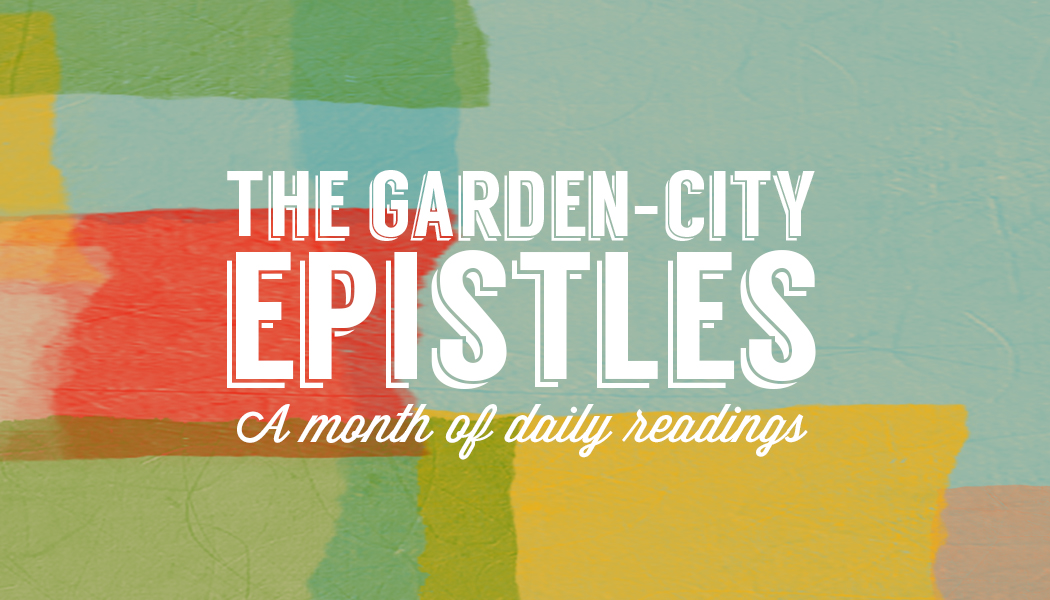Scott and Stephanie Robertson are dear friends who love God and are committed to the good of our city. I wrote this letter for them.
You could be happy anywhere. I’m convinced of it. You realize every place can be your home when you fill it with memories, love, and care. That’s a rare gift, one I wish we could bottle and serve to all the people of the world. It’s a spiritual gift, and it affects the spiritual tenor of our city.
Every place has a spirit[1]—an overarching attitude, an image of itself and its values permeating through every person, faction, or activity.
Some cities are full of people proud to live there (Vancouver, Manhattan, Tokyo). Other cities, like Jackson, have a population largely disenfranchised with their home. “Last one out of Jackson, turn out the lights.” The mistake in a town like Jackson is to blame the infrastructure (classically referred to as the urbs) and the amenities (also called the civitas) for the “soul of the city” (the animas). The thinking goes that “if we just had better government/education/jobs/protection/parks/shops, then we could feel good about our town.” But you can’t fix animas with urbs or civitas. You can, however, heal the world if you’ve got the right spirit.
People in Manhattan love their city largely because their “gods” are working. Manhattan is a temple to finance and prestige, and the citizens of that city benefit greatly from the power of their idols. In our city, however, our idols are malfunctioning. We like to say we’re a classic American town with a rich heritage, but few of our citizens actually get to experience the history and mythology of Jackson. Few take strength from what Jackson means.
This gap—between what many people in our city wish Jackson was and what Jackson actually is—tends to make people wish Jackson could be fixed. But this “fixing” often deteriorates into arguments about what to fix first—the roads, the schools, the economy, the culture. The thing so few people recognize—the thing you know intuitively and from which you draw immense strength—is that Jackson isn’t what needs fixing.
We are.
All our squabbling about which things to fix misses the point that, even if we fix our idols—reclaiming our heritage as an historical midwestern town, revitalizing Michigan Avenue into a hub of activity, attracting young entrepreneurs to launch new ventures—we will not have addressed our spiritual malaise.
The people who love Jackson all have something in common. They are all grounded in something other than Jackson. They don’t need Jackson to be lovely in order to love it. They’re lovers and would love their city regardless of whether it was in Siberia, Madagascar, or mid-Michigan.
We must learn to love our city, whether it’s lovely or not, in order to be happy.
You know this, but I suspect you’re also susceptible to the same confusion I have. We sometimes wonder if we really know it. We wonder if we’re just kidding ourselves. We wonder if our optimism has hijacked our sense of reality.
But, at the root, you know better than to doubt your commitment to happiness. You know your true citizenship is found beyond this world, not just in one spot upon it. You know God energizes your efforts to make a difference in our city, just as you know your spirit is contagious and everyone around you becomes happier and better and more invested because they see God’s work in you and what it has produced.
That’s why Jackson feels like home, because your heart is with God, and God lives here.
[1] In cities, this spirit is often indicative of the city’s god, demonstrating the priestly work of the citizens. If the god is other than God, this priestly work is negative (stealing God’s glory and re-appropriating it to either things or people). It is also possible that the priests themselves do not serve their god faithfully, and so even the false and foreign gods fail to receive their service.
fossores
Related posts
Categories
Category Cloud
Tag Cloud
Recent Posts
- Victors and Victims November 6, 2018
- 3 Hacks for Happiness October 29, 2018
- Hope Against Death September 20, 2018
- The Shape Of The Cross September 19, 2018


